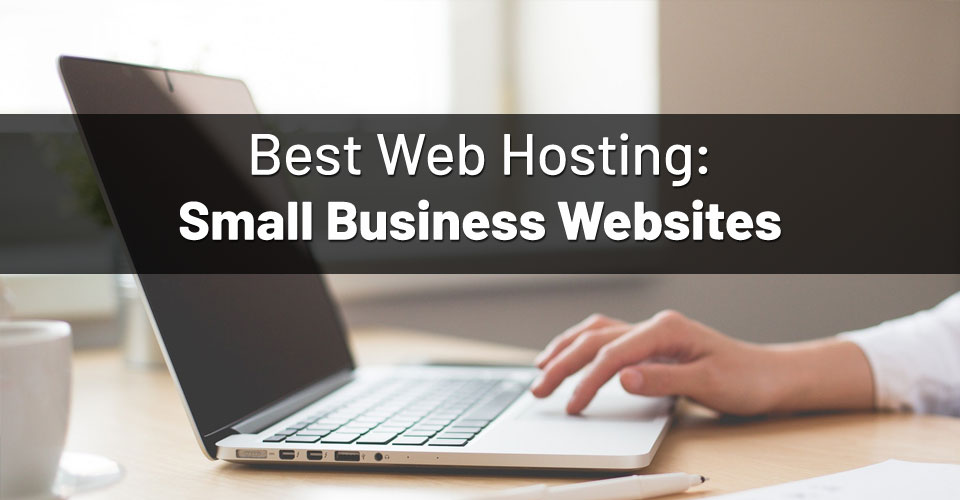Small Business Website Hosting: A Guide for Success
When it comes to small business website hosting, there are a few key factors to consider in order to ensure success. From speed and uptime to security and support, choosing the right hosting provider can make all the difference in the online success of your business. In this guide, we will cover everything you need to know about small business website hosting and how to make the best choice for your business.
The Importance of Choosing the Right Hosting Provider
Before we dive into the details of small business website hosting, let’s first discuss why choosing the right hosting provider is so important. Your website is often the first point of contact for potential customers, so having a fast and reliable hosting provider is crucial to ensure a positive user experience. Additionally, search engines like Google take into account website speed and uptime when ranking websites, so choosing the right hosting provider can also impact your SEO efforts.
Factors to Consider When Choosing a Hosting Provider
There are several factors to consider when choosing a hosting provider for your small business website. One of the most important factors is uptime, which refers to the amount of time your website is up and running. Look for a hosting provider that guarantees at least 99.9% uptime to ensure that your website is always accessible to your customers.
Another important factor to consider is website speed. Slow-loading websites can turn away potential customers and hurt your search engine rankings. Look for a hosting provider that offers fast servers and optimized performance to ensure that your website loads quickly for all users.
Security is also a crucial factor to consider when choosing a hosting provider. Look for a provider that offers robust security features, such as SSL certificates, firewalls, and regular backups, to ensure that your website is protected from cyber threats.
Finally, consider the level of customer support offered by the hosting provider. Look for a provider that offers 24/7 support via phone, email, or live chat to ensure that you can get help whenever you need it. Good customer support can make all the difference when it comes to fixing issues quickly and keeping your website running smoothly.
Types of Hosting Services
There are several types of hosting services available for small businesses, each with its own pros and cons. Shared hosting is the most affordable option and is suitable for small websites with low traffic. VPS hosting offers more resources and better performance than shared hosting, making it a good option for growing businesses. Dedicated hosting provides the highest level of performance and security, but is also the most expensive option.
Another popular option is cloud hosting, which offers scalable resources and increased reliability compared to traditional hosting services. Cloud hosting is a good option for businesses that expect spikes in traffic or need flexibility to scale their resources up or down as needed.
Conclusion
Choosing the right hosting provider is crucial to the success of your small business website. Consider factors such as uptime, speed, security, and customer support when making your decision. Remember that your website is often the first impression customers will have of your business, so investing in a reliable hosting provider is an investment in the future success of your business.
By taking the time to research and choose the best hosting provider for your business, you can ensure that your website is fast, secure, and always accessible to your customers. With the right hosting provider by your side, you can focus on growing your business and attracting new customers, knowing that your website is in good hands.
